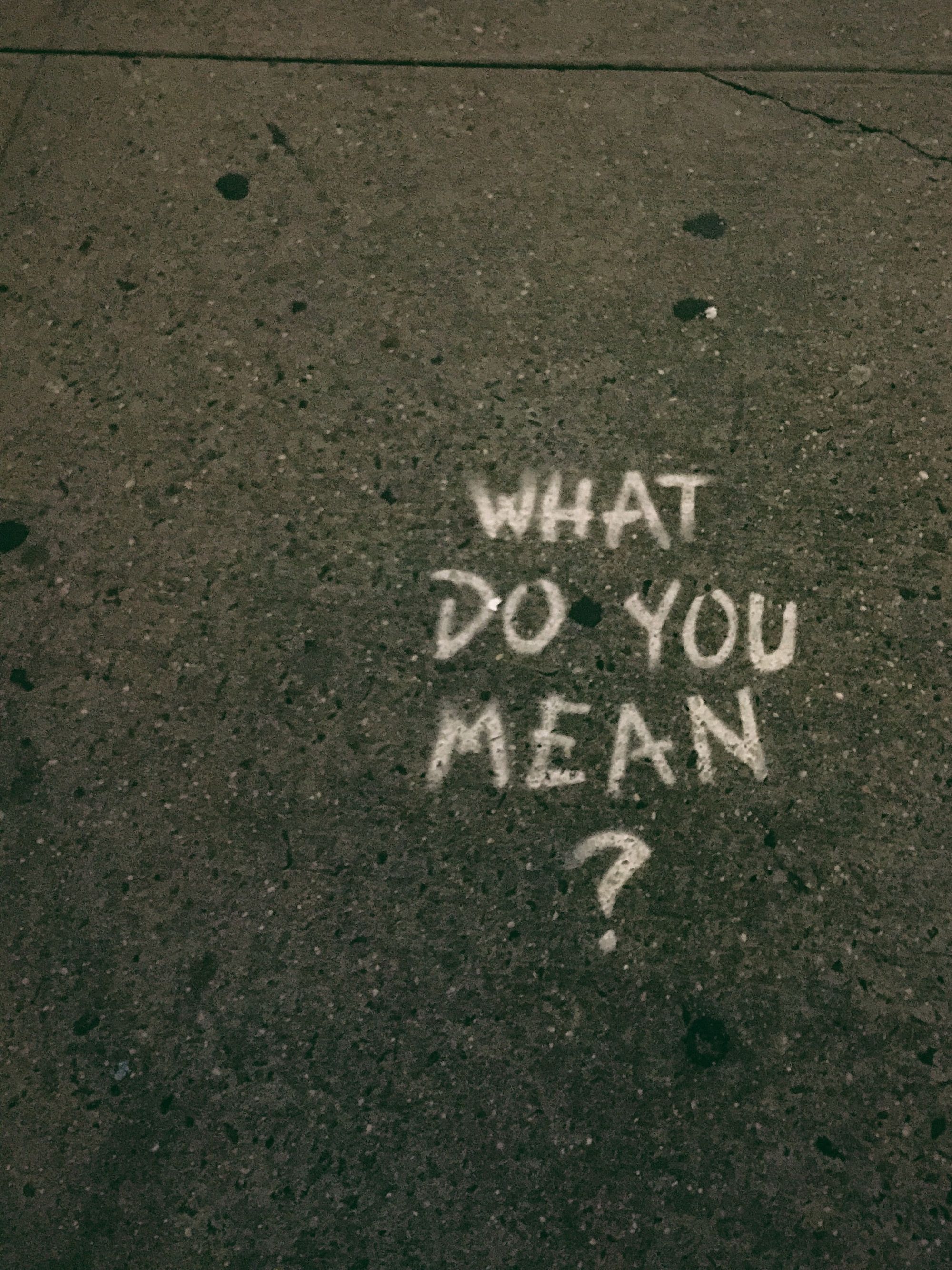The 3 most common mistakes inexperienced interviewers make
Over the last 2 years, Metaview has gathered data from tens of thousands of hours of interviews. Metaview’s technology records and transcribes these interviews, then automatically enriches this already valuable asset with data-points that are associated with effective interviewing.
For example: Candidate speaking time, question count, % of time spent on sharing context, interruptions. These are just some of the unique interview metrics Metaview gathers. We then evaluate how these metrics impact KPIs top organizations already care about such as hiring funnel conversion rate, offer-acceptance rates, interviewer calibration, and candidate NPS.
This is the most robust and richest data set of its type on the planet.
One of the things we’re most passionate about is using this data to help individuals improve as interviewers. With that in mind, we wanted to share some of the most common and easily addressable mistakes we have seen new and inexperienced interviewers make.
If you’re a new interviewer yourself, this should help you immediately consider some changes to your style.
If you’re a talent leader, this should help guide you on how you can most influence the quality of interviews being conducted within your organization.
1. Forgetting to set expectations for the interview
Most people that are new to interviewing cover the basics of a personal introduction (though, 16% do forget to do even that!). However, Metaview data shows us that only 28% of new interviewers set expectations for the interview with the candidate.

Setting expectations means that the structure and purpose of the interview are clear in the mind of the candidate. This is vital because:
- It reduces any anxiety the candidate may have around when they’ll get a chance to show their capabilities, or ask their questions. This improves the flow of an interview.
- It reduces anxiety around how they are being judged, and makes it clear what they need to demonstrate in the interview. This improves the candidate’s sense of closure at the end of the interview.
- Sharing these expectations often serves an explicit reminder to the interviewer themselves on what they need to cover.
What to do
After a high-level introduction, interviewers can outline the structure and purpose of the interview using the following format: “The aim of this interview is to learn more about [x]. I’ll [y], and I’d love for you to [z]. I’ll keep an eye on time and make sure we have [n] minutes for your questions at the end. Sound good?”
Example 1
“The aim of this interview is to learn more about your experiences as an Account Executive. I’ll ask a few questions about some specific experiences you have, and I’d love for you to get into the detail on these situations as much as possible. I’ll keep an eye on time and make sure we have 10 minutes for your questions at the end. Sound good?”
Example 2
“The aim of this interview is to learn more about the way you break down complex problems. I’ll lay out a couple of example scenarios, and I’d love for you to approach the conversation as if I was on your team and we were working on solving this together. I’ll keep an eye on time and make sure we have 10 minutes for your questions at the end. Sound good?”
Do this, and you’ll find interviews will run smoother, and will reveal more about the actual thing you’re looking to learn about.
2. Being too polite to get concrete

Everyone knows that interviews can be slightly anxiety-inducing for those involved, but that doesn’t change the fact that the aim of these conversations is to find mutual fit. It is crucial that both parties come away from the conversation more informed about the chance of there being a fit than they were before the interview.
Based on Metaview data, 59% of new interviewers fail to focus the majority of their questions on real experiences (through behavioural questions), and a whopping 83% don’t ask for a single concrete example from the candidate’s past throughout the entirety of the interview.
The problem here is that it has been proven that past performance is the best predictor of future performance, so if interviews are not covering real past situations and actions then it is unlikely you are coming away with reliable learnings.
What to do
New interviewers too often ask vague questions that can easily be answered with a picture-book answer devoid of detail. As a rule, if you’re asking the candidate about something you expect they should have experience with, then it is best to focus the questions on those experiences.
Example 1
⚠️ Don’t ask: “How do you manage stakeholders?”
🙌 Ask: “What techniques have worked well for you when managing lots of stakeholders?”
🤯 Or, if you really want to get the detail: “Can you tell me about a specific time you had many stakeholders you had to manage and how you went about doing that?”
Example 2
⚠️ Don’t ask: “What sort of a teams do you like to be a part of?”
🙌 Ask: “What sort of teams have you most enjoyed being part of in the past?”
🤯 Or, if you really want to get detail: “Thinking about the team you’ve been in where you were performing at your best, can you tell me what the key characteristics of that team were?”
As you get closer and closer to the concrete detail, the chances of an unsatisfactory answer increase. This is exactly why new interviewers tend to avoid these, but it’s also exactly what the hiring team needs to learn!
3. Making too many assumptions
New interviewers ask over 50% more closed or leading questions than their experienced counterparts.

The problem with closed questions is that they make it more likely a candidate will give the answer the interviewer is expecting/hoping to hear, rather than provide information that they couldn’t anticipate. Conversely, open-ended questions create the possibility of unearthing information on the candidate that you couldn’t otherwise predict.
New interviewers are more likely to ask closed or leading questions because they make assumptions based on their own experiences, and because they are often anxious to show to the candidate how much they know. This slight insecurity has really negative implications on the quality of interviews, and can easily result in biased outcomes as the assumptions made will vary from one candidate to the next.
What to do
New interviewers need help avoiding the temptation to make assumptions within the phrasing of their questions.
Example 1
⚠️ Don’t ask: “Did you make that decision based on some feedback you received?”
🙌 Ask: “How did you come to that decision?”
Example 2
⚠️Don’t ask: “I guess you have a lot of experience working in regulated environments?”
🙌 Ask: “Can you tell me about your experiences working in regulated environments?”
Asking questions in a closed or leading way not only reduces the volume of learnings from the interview, it also makes it more likely your preconceived notions will be confirmed rather than challenged. This detracts from the usefulness of conducting the interview in the first place.
In summary
Our empirical data captured from interviews shows us that these are the three most common and important mistakes that new interviewers make. The most effective ways to improve in these areas are to ensure your new interviewers have an opportunity to see what good looks like, and are receiving regular and structured feedback. That’s why shadowing and personalized feedback are such a major part of what we’re building at Metaview.